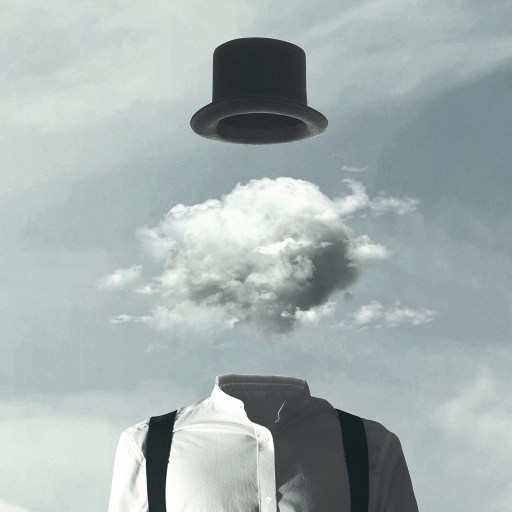bigthinkeditor

Attracting children to classical music and ballet is the only way that these two performing arts can hope to have a future audience. And Barbie is the critical link.
Brands regarded as exclusive, arrogant, daring or trendy are beginning to suffer severe declines in popularity, while those associated with quality, reliability and durability are rising.
Rates of Alzheimer’s and other age-onset diseases are projected to increase dramatically in the coming years.
Why do some people have so much willpower, and how can we boost our own? According to new research, it may simply be a matter of reframing what willpower is.
Like many other countries, the United States is buried under a pile of mounting debt. Tunneling out will mean making some tough choices that can’t be put off much longer.
Climate change is steering grizzly bears and polar bears on a collision course. When they meet in the middle, fights are inevitable. Find out who is favored to win, evolutionarily speaking.
Harvard law professor and crusader against usurious banking practices, Elizabeth Warren is building a consumer watchdog agency that is making powerful banks nervous.
Recent marketing research suggests that both profligate spenders and penny pinchers will leave shopping malls with a sinking feeling this holiday season.
When college students and professors are faced with profound questions, such as the meaning of life and death, they typically express their answers in deeply religious terms.
Are Americans as car crazy as they were in the ’70s? There’s growing evidence that young people, for one, are less enamored of driving than their parents were.
Studies show that radiation can promote longevity and heal our bodies faster. So why don’t we rethink our relationship with atomic power? The Independent reports.
The limited-time-only nature of Black Friday triggers an innate fear of scarcity that drives people to buy, buy, buy. Psychologists say bargains appeal to human nature.
Humanness and strangeness are tied together, tragically perhaps, but inextricably. So it is for our strangeness that we ought, like Hawthorne, to give thanks most of all.
We should think about terrorism not as a battle between Islam and the West but as a battle within Islam, says author Salman Rushdie. And video games might just be […]
A new way to create and interpret real-time brain scans could help addicts consciously control their cravings by making them aware of how their brain is functioning.
Australian researchers have found that women who tilt their faces forward are seen as more attractive, while men are considered better-looking when they tilt their heads backward.
We must move beyond cartoonish depictions of villainous, lustful men victimizing vulnerable women, says one woman who is happy she became a professional sex worker.
News that the Dalai Lama may retire in the next year is to be welcomed by all those sick of flattery and new age-type nonsense. The New Statesman goes on a diatribe.
Richard Thaler of the U of Chicago catalogs wrong scientific beliefs that were held for long periods of time, the flat earth and geocentric world among them.
Two years after the onset of the financial crisis, the stock market is recovering and Wall Street’s moneyed elite are spending again, sometimes with a familiar swagger.
A single pill could reduce your risk of HIV infection dramatically, but are you willing to spend $12,000 a year and risk headaches and nausea just to stay HIV-negative?
Is Hawking right to claim that reality is dependent on the model used to describe it, that models generated by biochemical processes in our brains constitute “reality”?
Our national myth of the heroic entrepreneur is dangerous, says Esther Dyson. Encouraging everyone to strike out on their own robs industry of effective middle management.
Among the scientific concepts involved in cooking a turkey, controlling moisture is perhaps the biggest challenge, said John Marcy, a poultry-processing specialist at the U of Arkansas.
Traumatic brain injury increases the risk of Alzheimer’s disease—a problem that could affect thousands of soldiers returning from Iraq and Afghanistan.
The scholar and performer gives the new movie “Burlesque” two thumbs down for claiming to portray “original” burlesque while ignoring the art form’s history and vocabulary.
At birth, children’s brains are prepared to learn from social agents—other members in a group. New research suggests this “social brain” helps a person learn over a lifetime.
Tough problems often demand radical solutions. We should give serious consideration to providing free college and trade school education to all, says Dr. C. Alonzo Peters.
Authenticity is an imprecise, continual assessment, prone to personal bias and human error—not exactly something to build a whole musical movement upon.
The humanities will continue, even if the discussion is between a carbon based intelligence and a silicon or virtual one. Curtis Carbonell says science doesn’t put the humanities at risk.



